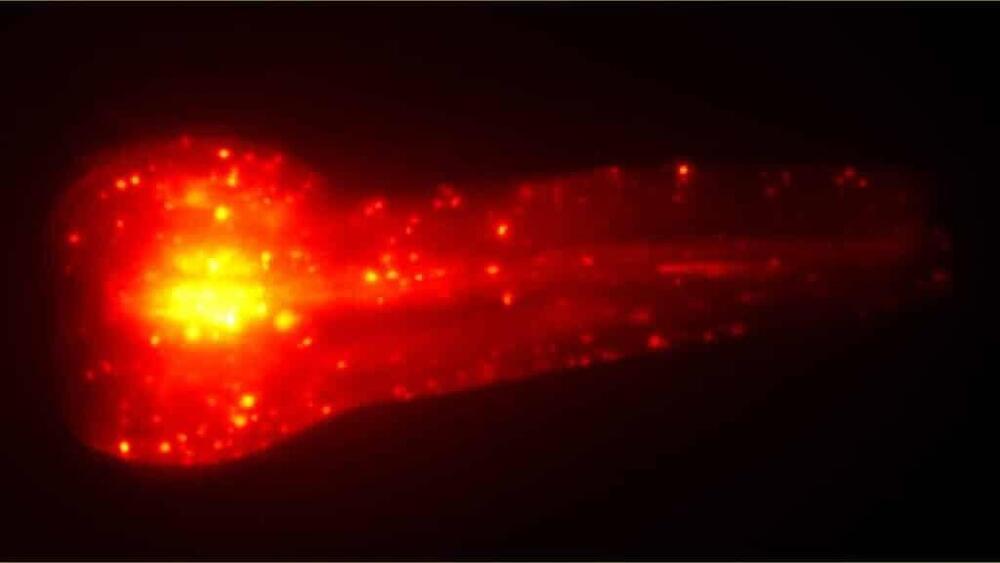Researchers from North Carolina State University have developed a new method for determining which genes are relevant to the aging process. The work was done in an animal species widely used as a model for genetic and biological research, but the finding has broader applications for research into the genetics of aging.
“There are a lot of genes out there that we still don’t know what they do, particularly in regard to aging,” says Adriana San Miguel, corresponding author of a paper on the work and an assistant professor of chemical and biomolecular engineering at NC State.
That’s because this field faces a very specific technical challenge: by the time you know whether an organism is going to live for a long time, it’s old and no longer able to reproduce. But the techniques we use to study genes require us to work with animals that are capable of reproducing, so we can study the role of specific genes in subsequent generations.









Comments are closed.